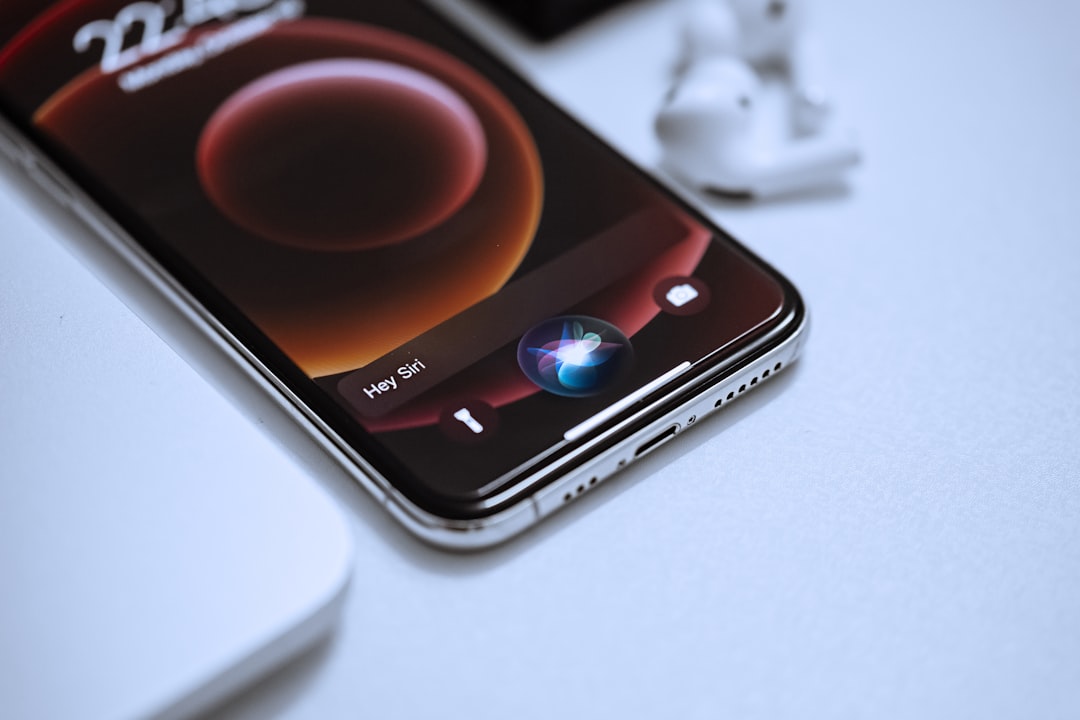Understanding Illinois debt collection laws is crucial for both debtors and debt collectors, with strict regulations on fair communication. The Fair Debt Collection Practices Act (FDCPA) applies, protecting debtors' rights to validate debts and stop communication. A debt collector attorney in Illinois ensures compliance with state and federal laws, guiding debtors through options and safeguarding their interests. Consulting such an attorney offers clarity and protection for debt collection issues, emphasizing ethical practices by debt collectors in Illinois.
In Illinois, understanding debt collection communication methods is crucial for both collectors and consumers. This article explores the state’s unique rules governing debt recovery practices, focusing on legal constraints and permitted communication channels. We delve into the role of a debt collector attorney in Illinois, ensuring fair and transparent interactions. By understanding these laws, consumers can protect their rights while debt collectors navigate the allowed communication methods to efficiently manage debts.
Understanding Illinois Debt Collection Laws

Understanding Illinois Debt Collection Laws is crucial for both debtors and debt collectors. In Illinois, debt collectors are bound by strict regulations to ensure fair and transparent communication. The Fair Debt Collection Practices Act (FDCPA) applies in Illinois, dictating how debt collectors can interact with debtors. Debtors have rights, including the right to request validation of the debt and to cease communication from collectors.
A debt collector Attorney in Illinois plays a vital role in protecting these rights. They ensure that collection practices comply with state and federal laws, helping debtors navigate their options effectively. If you’re facing debt collection issues, consulting with an attorney can provide clarity and protect your interests throughout the process.
Communication Methods Allowed for Debt Collectors

In Illinois, debt collectors are bound by strict regulations governing their communication methods. According to the Illinois Attorney General’s Office, debt collectors may contact consumers by mail, phone, or in person, but they must adhere to specific guidelines. Permissible communication includes leaving voicemails and sending text messages, as long as the consumer has agreed to receive such communications. However, debt collectors are prohibited from using abusive, threatening, or harassing language, and they cannot contact consumers at unreasonable times or places, such as before 8 a.m. or after 9 p.m., or on holidays.
Additionally, debt collectors in Illinois must identify themselves and the company they represent during each communication. They are also required to provide validation of the debt when requested by the consumer. Consumers have rights, including the right to dispute the validity or amount of the debt. Debt collectors who violate these rules may face legal repercussions, underscoring the importance of understanding and adhering to Illinois’ regulations for ethical debt collection practices.
The Role of a Debt Collector Attorney in Illinois

In Illinois, a debt collector attorney plays a crucial role in facilitating communication between debtors and creditors. These legal professionals are well-versed in state laws that govern debt collection practices, ensuring fair and transparent interactions. They act as intermediaries, assisting clients in understanding their rights while navigating complex financial situations.
A debt collector attorney in Illinois can provide valuable guidance on the appropriate communication methods allowed under the law. They help debtors know when and how to respond to debt collection efforts, including validating the debt and discussing potential repayment options. Their expertise enables individuals to assert their legal rights and make informed decisions regarding their financial obligations.






